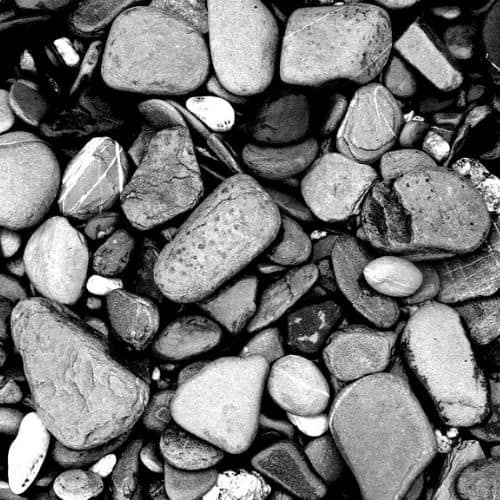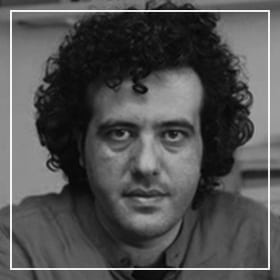On a cold December day in 1995, after finishing my daily studies as a junior high school student, I was trying to catch the bus to go back to my village fifteen miles away from the city and located on the Turkish border with Syria. An elder acquaintance of mine asked me where I was going. I replied that I was heading home, to my village. He then told me “Your house is not in that village anymore. Your family had to move to the city this morning.”
During the civil war between the Turkish state and the Kurdistan Workers’ Party (PKK) in the early 1990s, Emergency State Rule was declared and resulted in millions of Kurds being displaced into the metropolitan areas of Turkey.
They suffered from discrimination, ethnic violence and unemployment, while their land and property were appropriated by the state-appointed “village guards” (a pro-government Kurdish militia). Pressure from the European Union eventually forced Turkey to enact a “law of resettlement” in 2004. As a result, around 200,000 Kurds returned to their villages, while some, often younger, family members remained in the cities.
I was one of those who remained in the city. Overall, there was nothing to do in the village for me. It was a place of old memories and a childhood that I left behind on a cold day of December, in 1995. As a child in the village, we had many children games, which we would play with stones and sticks. There was a game, Kûç, which I was really good at. Flat stones were the necessary component of the game and I had the best stones that all children aspired to have in the village. I had found them in a river base in a valley nearby and had to hide them from my parents who were not happy that I would spend all my day playing. My stash was beneath a rock next to the road towards the mountains.
After being displaced from the village and spending many years away, I could not resist wondering whether my two flat stones still are in my stash.
In 2004, the year I finished my undergraduate degree, I decided to go back and check my stones. My first impression of the village was devastating. Everything looked very small; houses, alleys, the distance to my elementary school located on the edge of the village.
Everything I thought of as big and magnificent in my imagination was tiny and unimportant. Except the road! The government had expanded the road towards the mountains for military transportation for a newly founded headquarters. There was no rock, no stones, and no old memories of my childhood. My two stones were probably buried under asphalt. I left disappointed and never went back again until 2013, when my American partner visited me in my hometown and wanted to see the house of my childhood.
The house was even smaller than what I had remembered and there was a displaced Syrian family living in the house. No man! a woman, a young girl and two boys playing Kûç in the courtyard. It brought back all forgotten memories of my childhood and soon after I found myself playing with them.
Then I started to collect stones from all around the world and store them in my bookshelves.
Featured image (cropped) by Marco / Zak (flickr, CC BY-ND 2.0)





